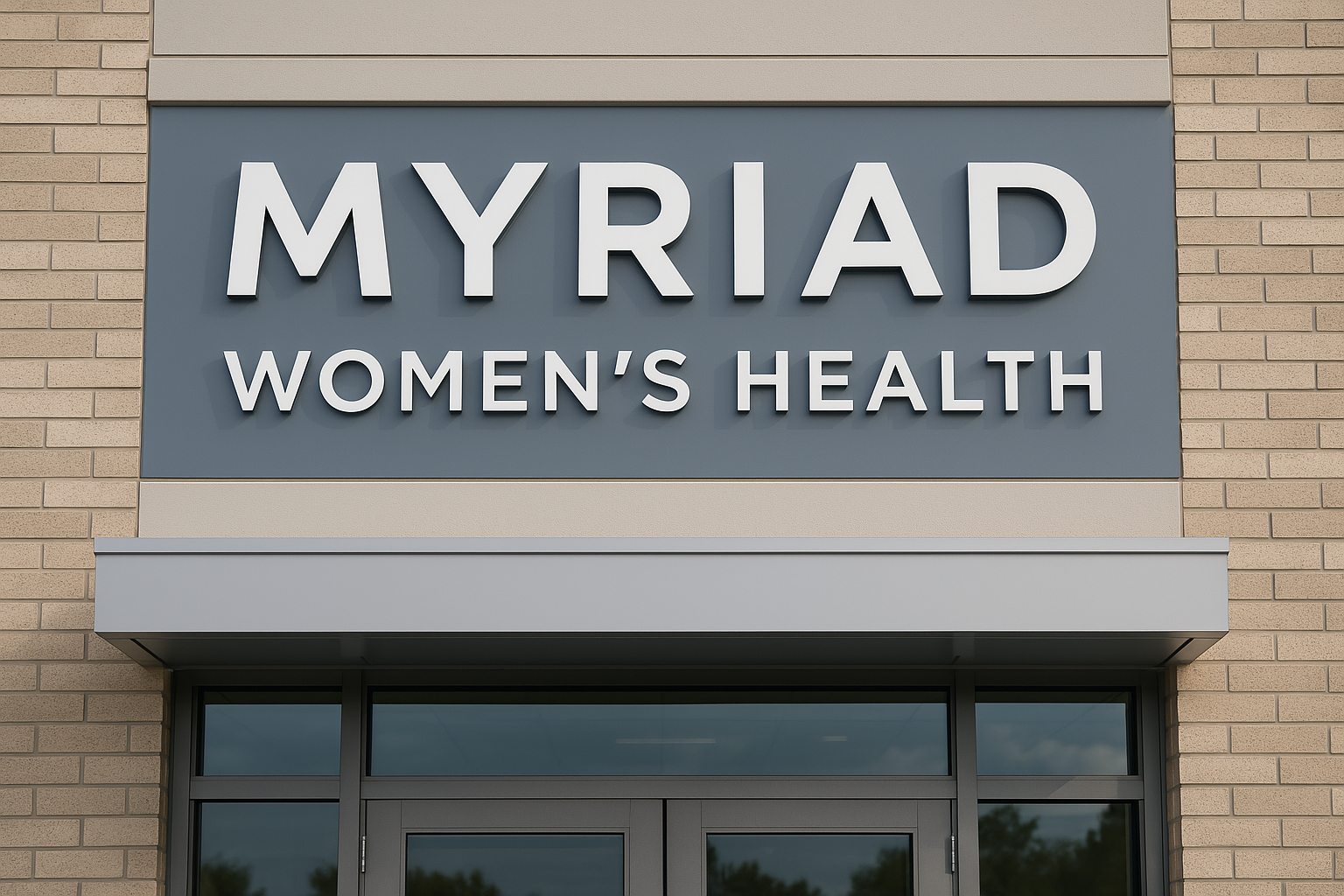What Is The Difference Between Men And Women In Terms Of The Treatment Of Mental Health And Why?

Mental health is a critical aspect of overall well-being, but men and women experience mental health conditions differently—both in how they develop and how they seek and receive treatment. Biological, psychological, and social factors influence these differences, leading to unique challenges in diagnosis, treatment, and access to care.
In this article, we’ll explore the key differences in how mental health conditions affect men and women, why their treatment approaches vary, and how both genders can receive better care.
How Mental Health Conditions Differ in Men and Women

While both men and women experience depression, anxiety, PTSD, and other mental health disorders, the prevalence and symptoms often differ.
Depression:
Women are twice as likely as men to be diagnosed with depression.
Men with depression are more likely to hide symptoms or express it through anger and irritability.
Anxiety Disorders:
Women are more prone to generalized anxiety disorder (GAD) and panic attacks.
Men are less likely to seek treatment for anxiety due to societal expectations.
Post-Traumatic Stress Disorder (PTSD):
Women are twice as likely as men to develop PTSD, often due to sexual violence or abuse.
Men with PTSD are more likely to show aggression or engage in risky behaviors.
Suicide and Self-Harm:
Women are more likely to attempt suicide, but men have higher suicide completion rates.
Men are less likely to talk about suicidal thoughts or seek help.
Substance Abuse:
Men are more likely to develop substance abuse disorders as a coping mechanism for mental health issues.
Women who abuse substances are more likely to have co-occurring anxiety or depression.
How Mental Health Treatment Differs for Men and Women
Differences in Seeking Help
Men
🔹 Less likely to seek therapy due to stigma and social expectations.
🔹 More likely to self-medicate with alcohol or drugs.
🔹 Prefer solution-focused, short-term therapy rather than emotional expression.
Women
🔹 More likely to recognize mental health issues and seek professional help.
🔹 Engage more in talk therapy and emotional expression.
🔹 Respond well to group therapy and social support networks.
Differences in Diagnosis and Treatment Approach
Medication Response
Women often require lower doses of antidepressants and anxiety medications due to differences in metabolism and hormones.
Men may need higher doses for the same effect but are less likely to comply with medication routines.
Types of Therapy Used
Cognitive Behavioral Therapy (CBT) works well for both genders but is often structured differently.
Women benefit more from emotion-focused therapy, while men often prefer goal-oriented therapy.
Barriers to Treatment
Men face stigma around “mental toughness” and may avoid treatment.
Women face barriers like cost, caregiving responsibilities, and lack of support.
Why These Differences Exist: Biological, Psychological, and Social Factors
The differences in mental health treatment for men and women are influenced by several factors:
Biological Factors
Hormonal Differences: Women experience hormonal shifts due to menstruation, pregnancy, and menopause, which can impact mood and mental health.
Brain Chemistry: Women have higher levels of serotonin, which affects emotional regulation.
Genetics: Certain genetic factors make women more prone to anxiety and depression, while men are more susceptible to substance abuse disorders.
Psychological Differences
Emotional Processing: Women tend to be more emotionally expressive, while men may suppress emotions due to societal expectations.
Coping Mechanisms: Men are more likely to engage in avoidance-based coping strategies (such as alcohol use), while women seek social support.
Social and Cultural Factors
Societal Expectations: Men are often expected to be strong and independent, leading to hesitation in seeking therapy.
Caregiving Responsibilities: Women often prioritize family over their own mental health, delaying treatment.
Workplace Stigma: Men and women may avoid treatment due to concerns about career impact and discrimination.
Also Read: What Percentage Of Women Have Mental Health Issues – A Comprehensive Look!
4. How to Improve Mental Health Treatment for Men and Women
For Men:
Encourage open discussions about mental health to reduce stigma.
Promote male-friendly therapy options like solution-focused therapy or coaching models.
Increase awareness of alternative treatments (such as exercise and mindfulness) to encourage participation.
For Women:
Improve access to affordable mental health care, especially for mothers and caregivers.
Offer integrative treatment options that address hormonal fluctuations.
Provide community-based support to reduce isolation and increase emotional well-being.
Frequently Asked Questions
1. Why do men and women experience mental health conditions differently?
Biological, psychological, and social factors—such as hormones, emotional processing, and societal expectations—play a role in how mental health conditions develop and are treated in men and women.
2. Are men less likely to seek mental health treatment than women?
Yes, studies show that men are less likely to seek therapy due to stigma, social norms, and a preference for self-reliance.
3. Do medications affect men and women differently?
Yes. Women often require lower doses of psychiatric medication due to hormonal differences and metabolism, while men may need higher doses for effectiveness.
4. What type of therapy works best for men and women?
✔️ Women often benefit from talk therapy and emotional expression.
✔️ Men prefer solution-based, goal-oriented therapy that focuses on practical strategies.
5. How can mental health care be improved for both genders?
✔️ Reduce stigma surrounding mental health.
✔️ Offer affordable, gender-specific therapy options.
✔️ Increase education and awareness about different coping strategies.
Final Thoughts: The Need for Gender-Specific Mental Health Care
Men and women experience mental health conditions differently, requiring personalized approaches to diagnosis and treatment. While women are more likely to seek therapy, they face barriers such as cost and caregiving responsibilities. Meanwhile, men struggle with societal stigma and often turn to substance use instead of therapy.By acknowledging these differences and improving access to mental health care, both men and women can receive the treatment they need to live healthier, happier lives.
Related Post
- Princess Kazer – A Royal Journey of Grace, Courage, and Empowerment!
- Pernithia Galnith – Definition and Meaning!
- Chongqing 520m Building – A Symbol of China’s Vertical Vision and Urban Ambition!
- What Is Jahizekosedos – Meaning, Purpose & Possible Applications!
- Zazichotnoiz – A Deep Dive into Its Meaning and Significance!









